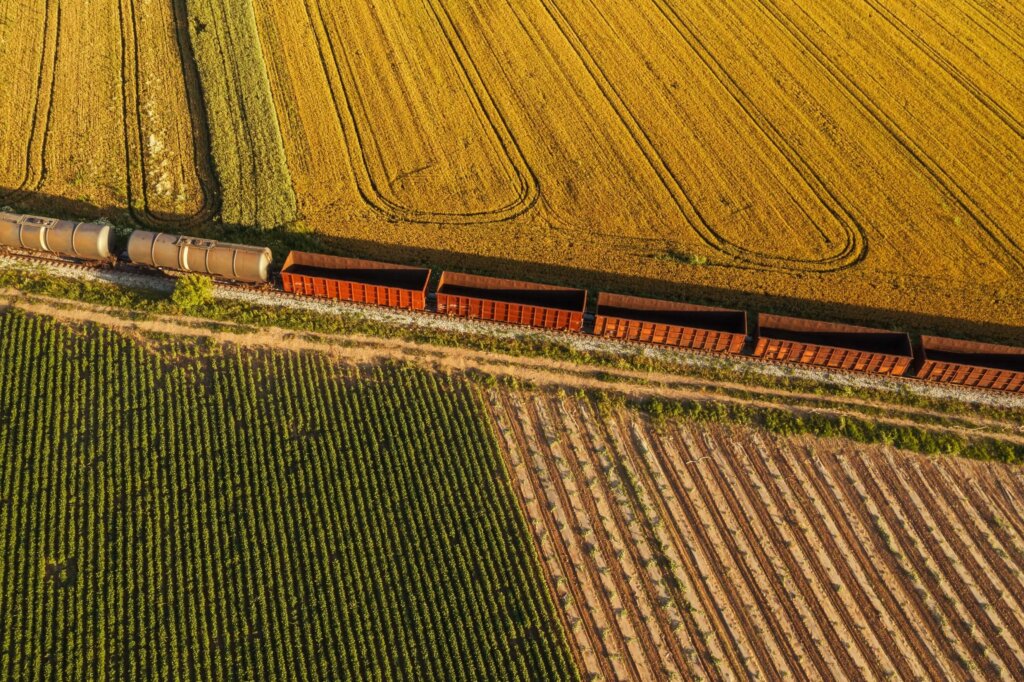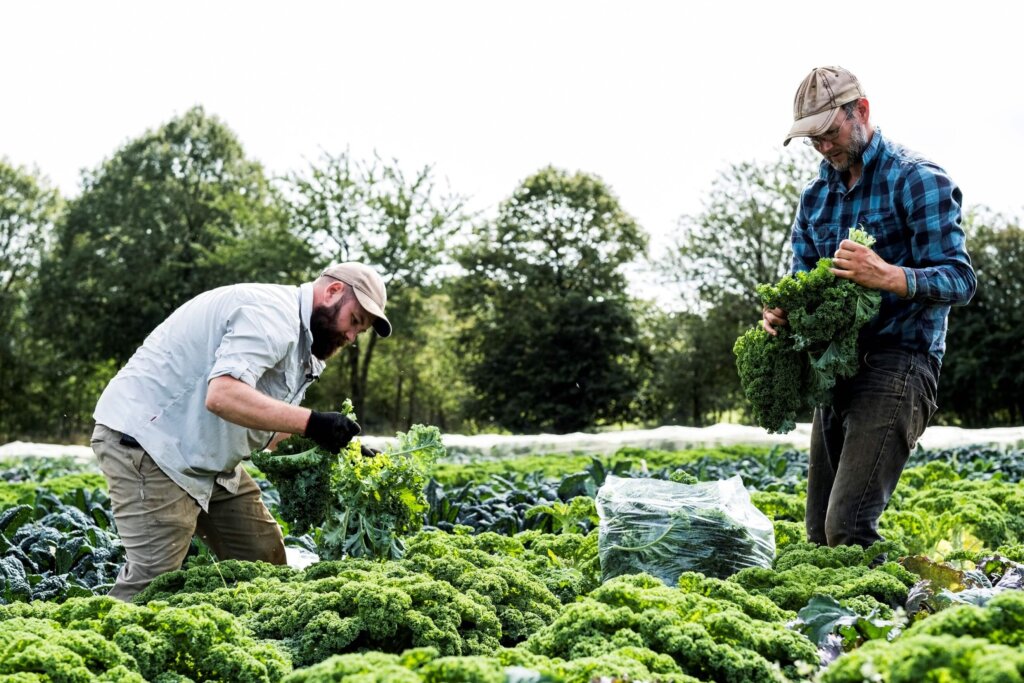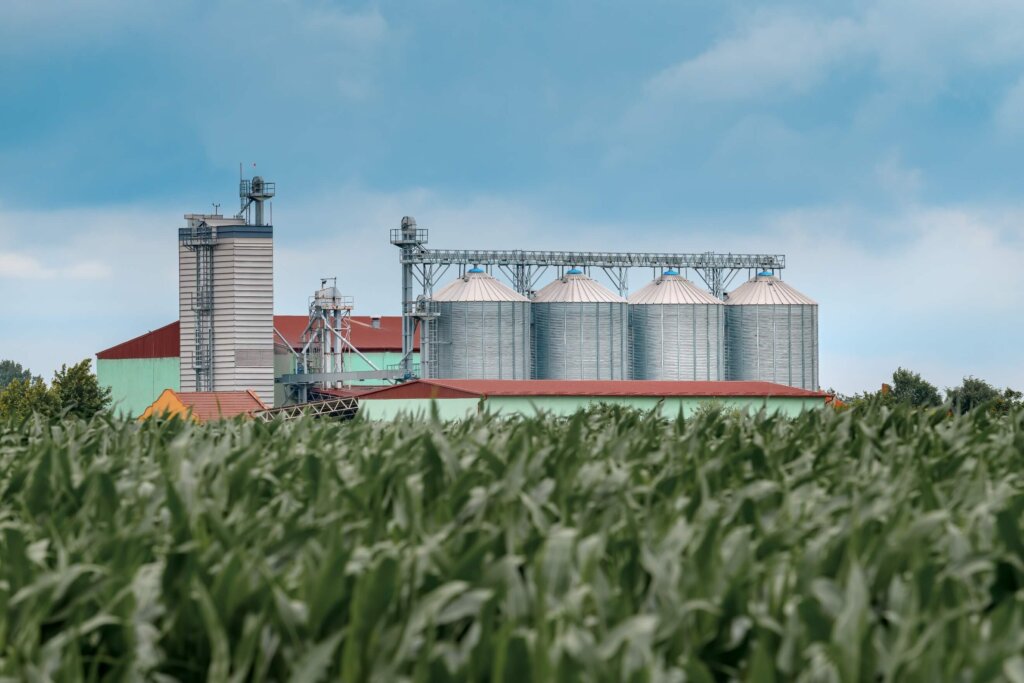
Five biggest difficulties in agribusiness management
Agribusiness is one of the main production models in Brazil, being a strong producer of inputs distributed throughout several national regions and also for export. However, for this sector to grow even more, it is essential that companies improve their agribusiness management.
There is still a big gap in matters of management of national companies, and agribusiness that does not escape this scenario.
Aiming to help improve this scenario, we selected the 5 biggest difficulties in agribusiness management.
Content Index
Waste

The quality of agribusiness work depends a lot on the commercialization of its items, such as grains, cotton, soy, sugar, wood, among numerous inputs.
However, there is often considerable waste during the production chain, whether in the cultivation, harvesting, production and transport of these items.
Some important data from the Brazilian Agricultural Research Corporation (Embrapa) help to corroborate this reasoning. According to the company, for example, even in the agribusiness food harvest fields, 10% of the harvested food is still lost in the field.
When transporting these foods, this number of wasted inputs is even more considerable. According to Embrapa, more than 50%, that is, more than half of the food that is transported by trains or trucks, is lost along the way.
These numbers show how this is a major problem in agribusiness management. To overcome this difficulty, it is necessary to change the way the harvest is done and improve the loading of these foods and other inputs on trains and trucks.
Transport Management

One of the main challenges of agribusiness growth, and one that certainly involves agribusiness management, is the organization of transport modes for moving the items produced by this sector.
In addition to the waste that occurs during the transport of agribusiness cargo, another problem is the way in which the companies involved in this process use the means of transport.
In Brazil, the road sector has a lot of advantage over the others when it comes to cargo transportation. However, the logistics infrastructure of this sector is deficient, especially for the transport of agricultural and agricultural inputs.
The lack of paving on the roads, for example, greatly contributes to the waste of resources produced. As the roads are deficient, trucks find it difficult to travel smoothly, swaying a lot and causing stored loads to be wasted along the way.
At the same time, as trucks often have to travel long distances to reach their scheduled destinations, this waste can increase even further.
Outro problema importante é em relação aos custos da logística de transporte das rodovias. Fretes, combustíveis, pedágios. Todos esses fatores fazem com que os custos de transporte sejam muito altos, o que acaba influenciando diretamente no orçamento das empresas do agronegócio.
In this sense, one of the solutions would be the improvement of the railroad sector, which, in addition to having a more controlled transport, without so much waste, has lower freight and fuel costs. Still, only 1 train can make a trip carrying the same amount as more than 100 trucks, helping to cut costs.
Therefore, when we talk about difficulties in agribusiness management, we cannot deny that the issue of transport, especially related to logistics and infrastructure of the modes currently used, needs to be improved so that this sector can grow even more.
People Management

Another problem faced in agribusiness management is the way in which field companies manage the professionals involved in production.
É inegável que, cada vez mais, indústrias, mineração e também o agronegócio investe muito em aprimoramento de máquinas e produtos que fazem com que o alcance, a velocidade e a produção de modo geral possa ser aumentada.
But, at the same time that the resources in this area increase, the resources destined to professionals who work in the agribusiness fields decrease, often “forgotten”, and this is one of the great problems of agribusiness management.
While there are still no robots that perform all activities, such as handling the machines, these sectors depend on the active work of professionals from different areas, whether in project design, planning, technology development and properly in the actions carried out in the fields, as in planting and cultivation.
Therefore, to improve agribusiness management, it is essential that companies realize that investing in resources to improve the knowledge of these professionals, paying higher salaries to encourage quality, requiring specialization for practical work, among other ideas, it is one of the most important solutions for the growth of these businesses.
Storage and Inventory Management

Any production sector needs to have good control over the items that are produced, stored and stocked.
In agribusiness fields, which can suffer from long periods of drought, which affect the growth of grains and agricultural planting, it is essential to have good control over the storage and stock of the items produced.
Proper storage of the inputs produced, for example, helps to prevent damage and loss of these items. Many of the companies that don't properly store their items, using the tanks and silos in the desired way, can let the products spoil and this can, at the same time, affect an entire batch.
The stock, on the other hand, is very important for companies to be able to schedule themselves to deliver the shipments within a well-defined schedule. If there is any problem with a shipment that was delivered, with products being stocked, you can replace and deliver to buyers without any problems in reliability between the parties.
The big problem is that many farmers, large and small, have difficulty organizing the stock and storing the products that are harvested and produced in the fields, directly influencing deliveries, loss of resources and difficulty in improving agribusiness management.
Lack of management software

Having a business management software (ERP) has become essential for companies, from all sectors, to increasingly qualify their practices, both in terms of organization and sales processes.
Unfortunately, this is a resource that is under development in agribusiness management, since the practices in this sector are different from other types of more “conventional” companies, which are where software has been developed and improved for a longer time.
An agribusiness management system helps companies in this segment in different ways, such as improving the organization of production, recording harvests, stored and stocked items, financial part, accounting, among others.
Without an agribusiness management software, companies end up lagging far behind, have greater difficulties in organizing and managing their practices, increasing the waste of resources and suffering to grow and increase their production.
Conclusion about agribusiness management
Agribusiness management involves a series of processes, from planning, project creation, hiring professionals, investing in technology, using transport, storing and stocking products, among other aspects.
Although agribusiness is currently one of the main productive sectors in Brazil, helping a lot in the national economic growth, this sector still faces serious difficulties in developing actions that improve the management of its businesses, which could make this segment even more important.
Searchs:
http://www.pioneersementes.com.br/blog/182/os-4-maiores-desafios-da-gestao-de-pessoas-no-meio-rural
https://www.mega.com.br/blog/conheca-os-5-principais-desafios-do-agronegocio-no-brasil-hoje-5520/
https://blog.simova.com.br/7-problemas-mais-comuns-na-gestao-em-campo/












